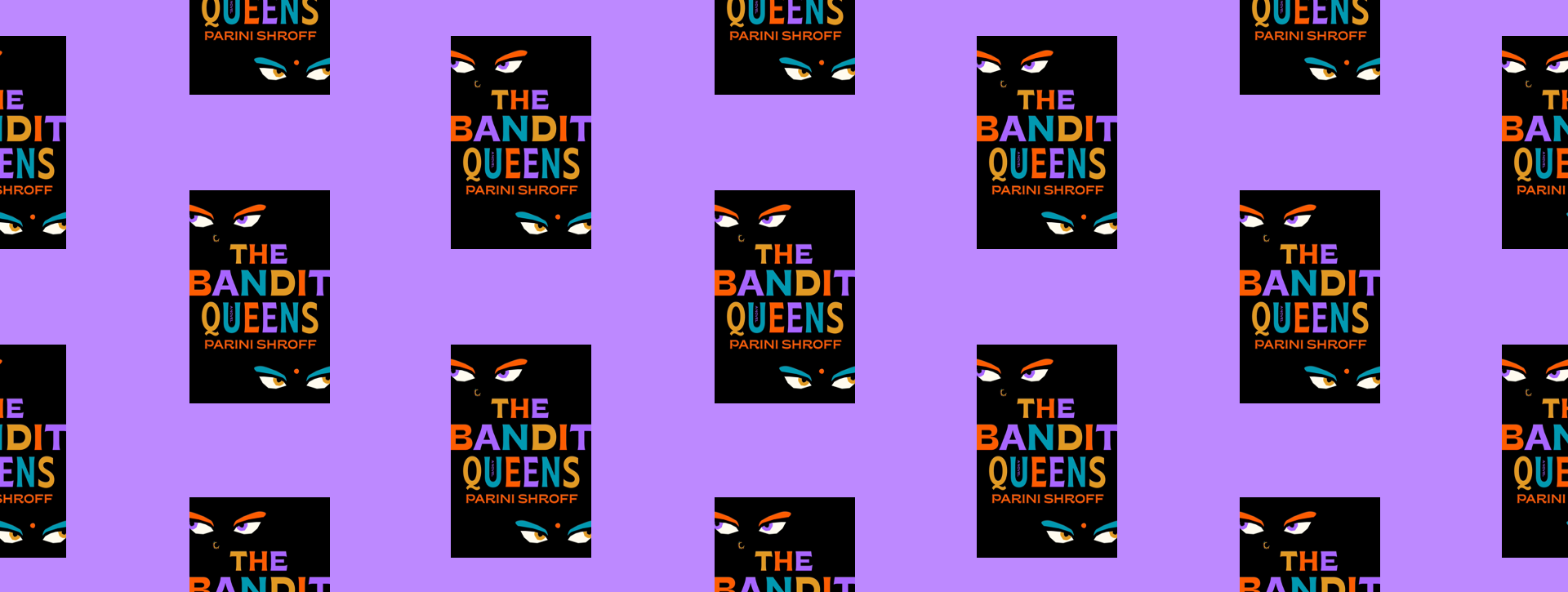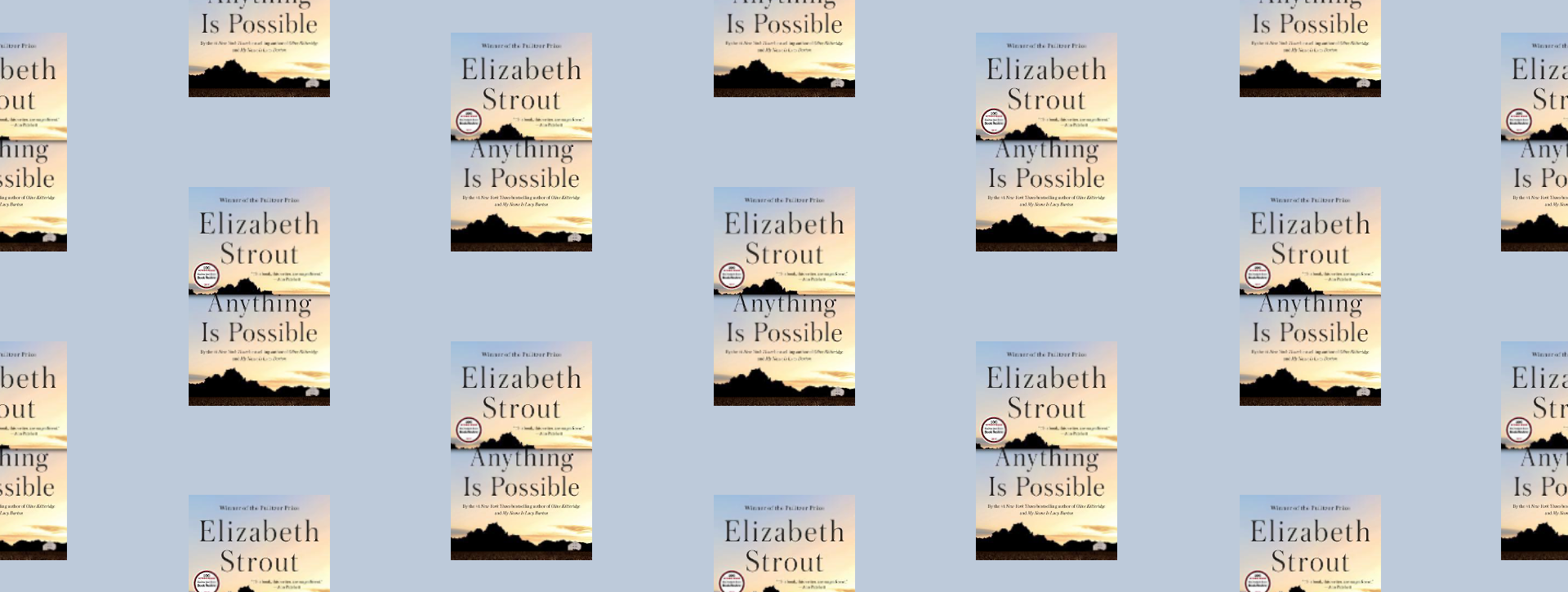The River of Silver: Tales from the Daevabad Trilogy
The River of Silver is nothing less than a gift to Daevabad lovers, from the bottom of S.A. Chakraborty’s heart. I loved being back in this world.
Arca (The Five Queendoms, #2)
Arca is the second book in the Five Queendoms series, and I think it was even stronger than book one (Scorpica). I’m definitely enjoying these enough to want the next book!
The Adventures of Amina al-Sirafi (Amina al-Sirafi, #1)
The Adventures of Amina al-Sirafi is an adventurous, swashbuckling, gloriously fun time with an incredible cast of characters. It’s the start of a series (but feels like a standalone) and I can’t wait for more in this world!
Lucy by the Sea (Amgash, #4)
Lucy By the Sea is another cozy, resonant novel by Elizabeth Strout. While I didn’t love it as much as I’d hoped, watching Lucy process the pandemic does feel almost therapeutic for we who lived it.
A Day of Fallen Night (The Roots of Chaos, #0.1)
A Day of Fallen Night is a fantastically rendered standalone fantasy novel. It has everything you could want: dragons, queendoms, mystery, battles, politics, and multiple POVs spanning four continents.
Winter (Seasonal Quartet, #2)
Winter is another quiet but profound installment of Ali Smith’s Seasonal Quartet. I’m once again awed by how she does so much with so little. Can’t wait for Spring!
Stone Blind
Stone Blind is another tragic, polyphonic work of art from Natalie Haynes — this time focused on one storyline (Medusa’s). Fans of A Thousand Ships will like this!
The Sun Walks Down
The Sun Walks Down is a super atmospheric, polyphonic novel set in 1800s Australia about a boy lost in the desert and how the members of his town respond. I liked it a lot.
A Monster Calls
A Monster Calls is a magical and deeply moving early-YA novel about grief in the wake of a parent’s death and the range of very human emotions that come with it. I sobbed, dear reader. Sobbed!
Oh William! (Amgash, #3)
The third in Elizabeth Strout’s Amgash series, Oh William! is another quiet but beautiful little novel. I loved how reflective this one was, both similar to and different from the first two.
Brotherless Night
Brotherless Night is a beautiful and heartbreaking and powerful novel about one girl’s coming-of-age during the Sri Lankan civil war. I absolutely loved it.
Hell Bent (Alex Stern, #2)
Hell Bent was an awesome sequel to Ninth House. I loved diving deeper into these characters and their relationships, all while happily along for the plot ride Leigh Bardugo is famous for.
The Seven Moons of Maali Almeida
Equal parts funny and heartbreaking, The Seven Moons of Maali Almeida is a Sri Lankan ghost story, war story, and just all-around good story.
The Bandit Queens
The Bandit Queens is a smart, darkly funny novel about a community of women who team up to kill their abusive husbands. It’s equal parts delightful and devastating.
Heart of the Sun Warrior (The Celestial Kingdom Duology, #2)
Heart of the Sun Warrior is a fun, adventurous sequel to Daughter of the Moon Goddess. While it didn’t blow me away (mostly because the love triangle didn’t quite work for me), I did enjoy it.
The New Life
The New Life is a well-written and deeply emotional novel about experiences of queerness in late-1800s London. I loved it.
Anything Is Possible
Elizabeth Strout has done it again. Anything Is Possible is a beautiful and tender of a portrait of a community told through the eyes of its people, one story at a time.
Treacle Walker
Well, that was weird. Definitely smart and imaginative and impressive — just a bit over my head. Still, it was fun to read and puzzle through!
The Shadow of the Wind
The Shadow of the Wind is a beautifully told, immersive, wonderfully bibliophilic mystery that takes place in Barcelona in 1945. I loved it.
The Witch's Heart
The Witch’s Heart is a great addition to the feminist mythology retelling subgenre. Genevieve Gornichec gives Angrboda so much richness and depth, and I read it in a day.




















